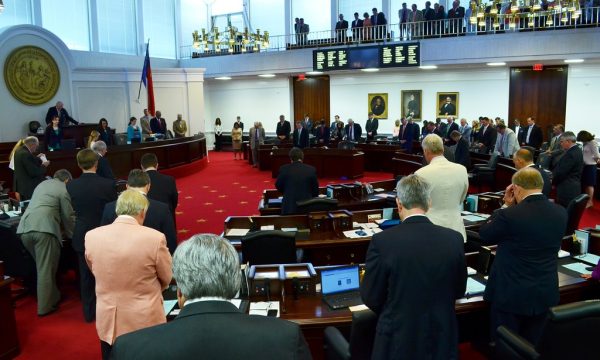Dissecting the curious case of meme culture
The new comedic work by Millennials and Generation Z can be summarized as jokes told over photos or cartoons sometimes in poor taste
The new comedic work by Millennials and Generation Z can be summarized as jokes told over photos or cartoons sometimes in poor taste. Whether it’s political or social, adopting such a humorous strategy to address an occurrence drives us to a discussion: the productivity of their satire.
“Meme,” coined by biologist Richard Dawkins, was first presented in his book “The Selfish Gene,” theorizing that any action is remotely a self-serving one on the part of the actor, lacking motivation to serve the larger group to which the actor belongs (e.g. genes as parts of an organism). Dawkins argued that virality concerns not only infectious diseases but also in anthropological settings. He characterized a “meme” as any shareable cultural artifact that spreads quickly. Instances of memes, in the customary sense, can be found in culture, religion, and belief systems. With easy access to the media, meme circulation finds little difficulty in influencing society.
On Sept 20, headlines such as “Storm Area 51, They Can’t Stop All of Us” cluttered Facebook. U.S. Air Force spokesperson Laura McAndrews delivered a grave warning.
I joke about everything, but I’m still conscious that sometimes the excuse of “it’s just a joke” isn’t just a joke; sensible topics should be taken more seriously.
“[Area 51] is an open training range for the U.S. Air Force, and we would discourage anyone from trying to come into the area where we train American armed forces,” she said.
Similar to how propaganda increased patriotism during World War II, or how counterculture forced activism during the Cold War, memes control today’s political atmosphere, especially in younger generations. Entertainment is constantly at fault for inspiring social reactions. That’s the complexity of meme culture as it can address the condition of our world, giving individuals a simple method to discuss traumatic events, but in a satirizing way. Being no stranger to dark humor, memes can provide an outlet for addressing real-life situations, alluding to crippling depression (unofficially known as “relatable” content), the struggles of high school and more.
The question of memes’ productivity come into mind when I consider a time whether these memes prompts a problem for those with mental illnesses. The curious situation where “relatable” memes could potentially be harmful, rather than providing a moment of relief. I joke about everything, but I’m still conscious that sometimes the excuse of “it’s just a joke” isn’t just a joke; sensible topics should be taken more seriously.
Not all memes are strategic, as most contain no deeper purpose other than a laugh. Whether it’s the click of a mouse or the scroll of your finger, delivered through videos, texts, graphics or sounds, the phenomenon that is memetrics is here to stay. Be that as it may, it still matters how memes are publicized. Next time when you consider that one meme bouncing on your browser, remember that it has the potential to motivate millions.













